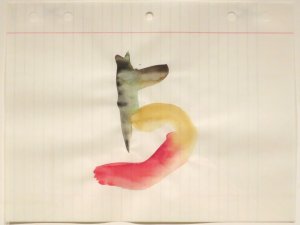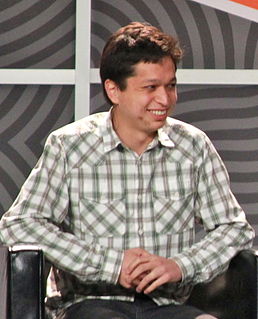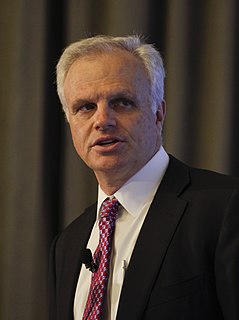A Quote by Donald A. Norman
User experience is really the whole totality. Opening the package good example. It's the total experience that matters. And that starts from when you first hear about a product experience is more based upon memory than reality. If your memory of the product is wonderful, you will excuse all sorts of incidental things.
Related Quotes
If you think of the product as a service, then the separate parts make no sense - the point of a product is to offer great experiences to its owner, which means that it offers a service. And that experience, that service, comprises the totality of its parts: The whole is indeed made up of all of the parts. The real value of a product consists of far more than the product's components.
Too many companies believe that all they must do is provide a 'neat' technology or some 'cool' product or, sometimes, just good, solid engineering. Nope. All of those are desirable (and solid engineering is a must), but there is much more to a successful product than that: understanding how the product is to be used, design, engineering, positioning, marketing, branding-all matter. It requires designing the Total User Experience.
We seldom know what we're hearing when we hear something for the first time, but one thing is certain: we hear it as we will never hear it again. We return to the moment to experience it, I suppose, but we can never really find it, only its memory, the faintest imprint of what really was, what it meant.
Whereas certain people start with a recollection or an experience and paint that experience, to some of us the act of doing is the experience; so that we are not quite clear why we are engaged on a particular work. And because we are more interested in plastic matters than we are in matters of words, once can begin a painting and carry it through and stop it and do nothing about the title at all. All pictures are full of association.
The totality of our so-called knowledge or beliefs, from the most casual matters of geography and history to the profoundest laws of atomic physics or even of pure mathematics and logic, is a man-made fabric which impinges on experience only along the edges. Or, to change the figure, total science is like a field of force whose boundary conditions are experience.

































